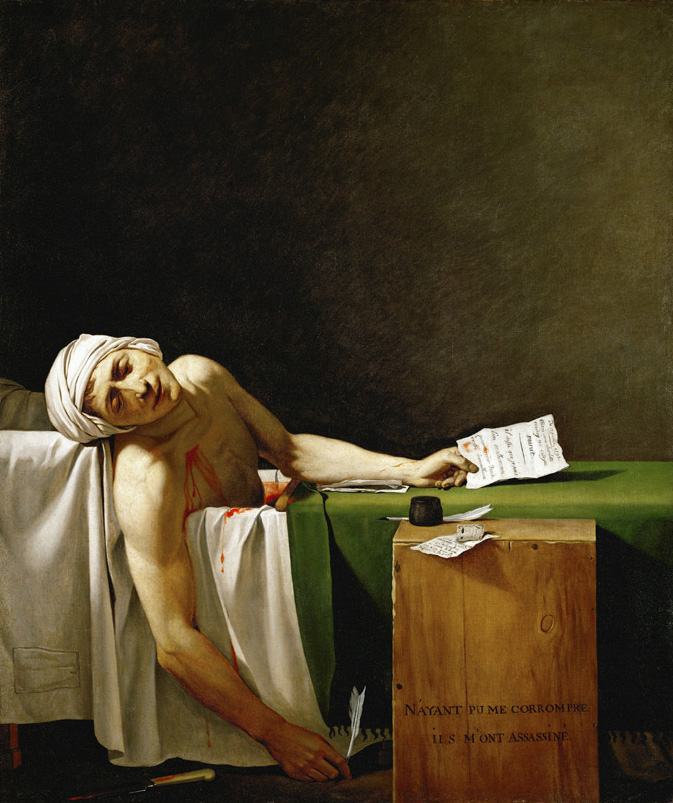The time period from the day after Christmas until Winter Institute is probably tied for first with the holiday season itself as the most bruisingly busy period of the year for me personally. Why? It is a combination of pressing tasks that have been put off till the holiday season is over, an array of specialized, time-sensitive year-end tasks, and finally Winter Institute prep. For example, we do some course adoptions for the local University of Maine at Farmington, and those course books all need to be put on a spreadsheet, put in purchase orders, ordered, and put up on our website course adoption pages asap. The clock is ticking on a rogue’s gallery of W-2’s, quarterly and annual taxes, frontlist buying appointments looming on the immediate horizon, the giant project of weeding through the holiday sales inventory report for replenishment. The clock, for delegation-challenged small-store owners such as myself, is ticking.
At points, something has to give. Take today, where one of my tasks is writing this blog. Something of a break in a sense but what is being displaced?
Dear Publisher Credit Representative, I know you would like to be paid today but I had to write a ShelfTalker post, which I hope you will accept as adequate compensation?
Dear Publisher Sales Rep, I know you were hoping I was preparing for our sales call tomorrow but I had to write a ShelfTalker post, which I hope you will accept as adequate compensation?
 Dear Batch, I know you were expecting me to test my Harper data and figure out how to execute a payment today as part of the testing rollout but I had to write a ShelfTalker post, which I hope you will accept as adequate compensation?
Dear Batch, I know you were expecting me to test my Harper data and figure out how to execute a payment today as part of the testing rollout but I had to write a ShelfTalker post, which I hope you will accept as adequate compensation?
And so on and on until we arrive at a question…
Question: What about, instead of enumerating your woes Kenny, you found a task that would combine both writing a ShelfTalker post and doing some needful task?
Answer: Good idea. I could do a little prep for my Politics of Curation panel with esteemed fellow panelists Lexi Beach, Astoria Bookshop (Astoria, NY), Luis Correa, Avid Bookshop (Athens, GA), Valerie Kohler, Blue Willow Bookshop (Houston, TX), and moderator Robert Sindelar, Third Place Books (Lake Forest Park, WA).
It is a topic fraught with interest to be sure. I’m on the panel in the capacity of being a school specialist. Selling directly to schools, and pitching author events to schools, offers unique opportunities for both engaged curation, and highly charged business threatening mishaps. When you put a book in a school library, classroom, or auditorium, you are entering into a multilayered secondary curation zone comprised of teachers, parents, administrators and school board members. When things go well, as they usually do, your hard built partner relationship is greatly strengthened. When things go south your hard won partnership is gravely threatened and your own character and values will be challenged as well.
No two situations are the same but I asked myself whether I personally have any guiding philosophy here. Certainly I affirm the following observation made by Philip Sydney.
Who shoots at the mid-day sun, though he be sure he shall never hit the mark, yet as sure he is he shall shoot higher than he who aims but at a bush.
We all have blind spots but are there things we can do to see the world around us more clearly? I believe there are. The best way to see the present clearly is to work at understanding the past in its own terms and then applying that principle to the perspectives of our contemporaries. That takes work. Conversely the best way to be blinded in the present is to project the present onto the past, and to apply one’s personal perspective onto others in a generalized way. The urge to assert moral authority as an enforced mandate, leads to immoral outcomes, however ironic that might be. This is true regardless of ideology, whether it is a conservative school board banning a progressive title, or a progressive group driving an offending frontlist title into pre-publication cancellation.
The question is whether we are engaged with ideas or suppressing them, contending with other people or silencing them. Don’t like abortions, don’t have one. Don’t like a book, criticize it, or don’t bring it in. Having a personal opinion should not make it an either/or case for society. In the world of bookstore buying this means we all get to exert our values and opinionation against the backdrop of pressures to sustainably serve customers.
That thinking informs how I approach curation issues both at schools and in the bookstore. When a book I put forward to a school is challenged, and I have been in the middle of some doozies, I will always seek to defend it, but what happens when your school partners are afraid to challenge the challenge? What do you do when your beliefs conflict with the well being of your business and the wishes of your educational customers? Those situations are never easy but I hope that the panel at Winter Institute will provide a forum for discussing them!
Phew — one more task done!
The Politics of Prioritization and Curation
Kenny Brechner - January 16, 2020
Leave a reply
